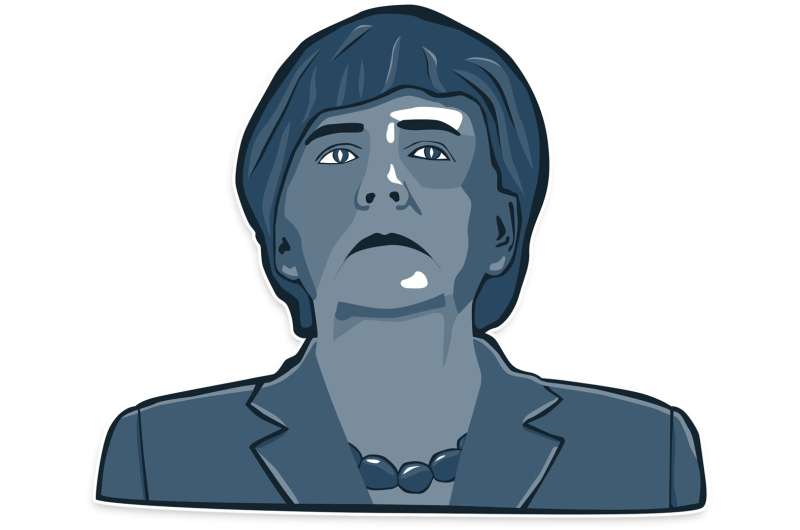COVID-19 conspiracy theories could be a 'gateway' to belief in more conspiracies

In a new analysis, people who more strongly believed in COVID-19 conspiracy theories were more likely to subsequently develop an increased tendency to believe in conspiracy theories in general. Javier Granados Samayoa of The Ohio State University, U.S., and colleagues present these findings in the open-access journal PLOS ONE on October 26, 2022.
A growing body of research seeks to better understand belief in conspiracy theories. However, few studies have explored factors that might trigger changes in people's tendency to believe in conspiracy theories over time.
To shed new light, Granados Samayoa and colleagues conducted two survey studies. For the first, they analyzed data from 107 U.S.-based participants recruited via the online platform Mechanical Turk. For the second, they analyzed data from 1,037 U.K. residents recruited by the COVID-19 Psychological Research Consortium.
All participants answered questions about their belief in conspiracy theories about the origin and reported severity of COVID-19. They also completed standard surveys that measured their general tendency toward conspiracy theory beliefs, first at the beginning of each study and again after several months. At that point, U.S. participants were also asked about their belief in the conspiracy theory that widespread voter fraud occurred in the 2020 American Presidential election.
Statistical analysis of data from each study showed that participants who more strongly believed in COVID-19 conspiracy theories initially were more likely to subsequently experience an increase in their general tendency to believe in conspiracy theories.
In line with that finding, U.S. participants who showed stronger belief in COVID-19 conspiracy theories subsequently showed greater belief in the 2020 election fraud theory—even after statistically accounting for political orientation and initial tendency to believe in conspiracy theories.
These findings suggest that belief in one specific conspiracy theory could be a gateway to a greater general tendency to believe in other theories. Future research could explore the mechanisms by which this might occur.
The authors also note that their findings highlight the importance of reducing belief in COVID-19 conspiracy theories, as prior research suggests that such theories—and conspiracy theories in general—can lead to harm to believers and their communities.
The authors add: "Believing a COVID-19 conspiracy theory promotes further conspiratorial thinking."
More information: A gateway conspiracy? Belief in COVID-19 conspiracy theories prospectively predicts greater conspiracist ideation, PLoS ONE (2022). DOI: 10.1371/journal.pone.0275502



















